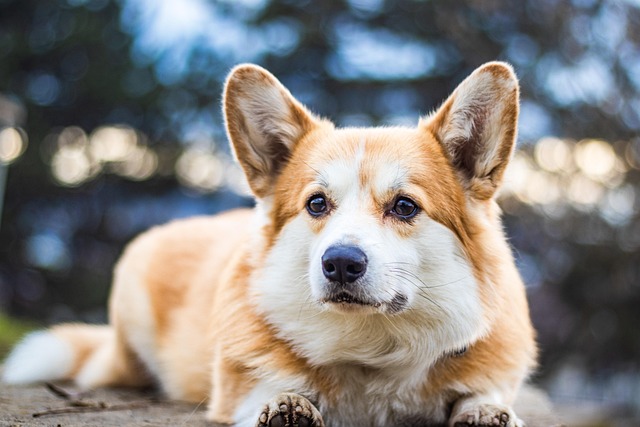
How do i train my dog to be obedient?
Watching your dog dart across the park ignoring your calls isn’t just frustrating—it can put them at risk near busy streets or public spaces.
If you’ve spent your first week with a wiggly 8-week-old puppy—chasing them away from your shoes, cleaning up accidents, and wondering, “Will they ever learn?”—you’re probably asking when to start training. For new dog owners across the U.S., this timing matters more than you might think. The short answer: Earlier than you’d guess, but with some vaccine-related caveats.
Puppies hit a critical learning window between 3 and 14 weeks, often called the “socialization sweet spot.” During this time, they absorb new experiences—other dogs, strangers, loud noises—without fear. A trainer in Texas put it this way: “A puppy who meets 100 people by 12 weeks is way less likely to be scared of the mailman at 6 months.” Most classes start accepting puppies once they’ve had their first round of core vaccines (usually 8-10 weeks old), to keep them safe from diseases in group settings.
But what if your puppy is still getting their shots? Many trainers offer “pre-vaccine socials”—small, sanitized sessions for unvaccinated pups. These 30-minute meetups let them play with other puppies, sniff new toys, and hear doorbells without risk. A friend in New York took her 9-week-old French Bulldog to one: “He hid behind my legs at first, but by week two, he was stealing a toy from a Golden Retriever puppy. Now he wags when he sees other dogs!”
Basic obedience classes typically kick off around 12-16 weeks, once puppies have more vaccines (like their second distemper shot). These focus on life skills: “sit” before meals, “stay” when guests arrive, and walking nicely on a leash—game-changers for city living in Chicago or LA. Look for classes tagged “positive reinforcement”—they use treats, praise, and play, never yells or shock collars. American trainers agree: Fear doesn’t teach good behavior; trust does.

Timing tips: Book classes 3 weeks ahead—popular ones in busy areas fill up fast. Pick sessions when your puppy’s alert, not post-nap groggy. If you’re in an apartment, prep at home first: Practice “sit” while they wait for kibble, or reward “gentle” when they take treats softly. This makes class feel like a fun extension of your daily routine, not a shock.
Culturally, training’s seen as bonding, not work. It’s where you learn to “speak” your puppy’s language, and they learn to understand yours. Skipping it often leads to bigger headaches later—like a 6-month-old Lab pulling you down the street or a Shih Tzu barking at every neighbor.
Compliance checks: Most classes require proof of vaccines (rabies, distemper) to protect the group—states like California mandate these shots by law. And post-class walks? Always pack poop bags. Cities like Seattle fine up to $75 for forgetting, even for tiny puppies. It’s part of being a responsible neighbor.
In short: Start socials at 8-10 weeks (vaccine-safe ones), then obedience at 12-16 weeks. The earlier you start, the calmer, happier, and better-behaved your puppy will grow—and that’s worth every treat and training session.

Watching your dog dart across the park ignoring your calls isn’t just frustrating—it can put them at risk near busy streets or public spaces.

New puppy owners often find themselves rushing to clean up accidents before they set in, and that’s where puppy pad training becomes a game-changer.

If you've noticed your dog's waistline disappearing and your veterinarian has mentioned those few extra pounds, your first instinct might be to simply reduce the amount of food in their bowl.

Training a dog to use a designated spot indoors isn’t as daunting as many new owners fear, but it does take consistency and an understanding of your pet’s needs.

That moment of dread on a walk is all too familiar for many new dog owners. You see another dog approaching down the sidewalk of your neighborhood

If the sight of another dog on your neighborhood walk makes your heart sink as your own dog erupts into a frenzy of barking and lunging, you're not alone.